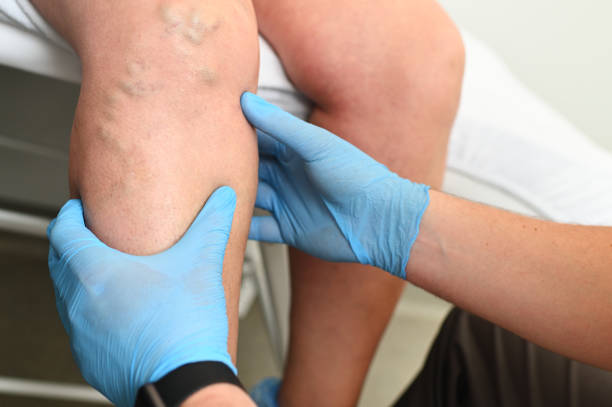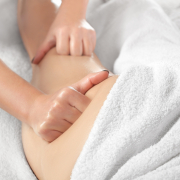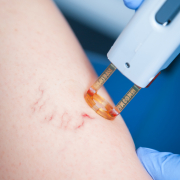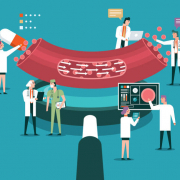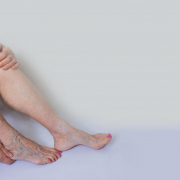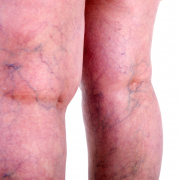What To Expect During Your First Visit to a Vein Clinic
Visiting any doctor for the first time can make you nervous because you don’t know what to expect. Seeing a vein doctor at a vein clinic is no different. Fortunately, the first visit to a vein clinic is almost always simple and easy.
Here’s what you can expect during your first visit:
Medical History Review and Symptom Evaluation
Most patients visit a vein doctor due to symptoms, which is why it is often the central point of discussion during the initial appointment. The vein doctor will take your medical history and inquire about your symptoms during the first appointment. They will ask you about the onset of the issue, as well as the treatments and techniques you’ve tried to get relief from the symptoms.
Diagnostic Testing
The vein doctor may order a duplex ultrasound, which is a test that uses sound waves to look at the veins in the body and assess blood flow. They may also order other tests, such as an MRI or CT scan, to get a better view of the veins and the underlying problem.
Creation of A Treatment Plan
After reviewing all of the information, the vein specialist will make a diagnosis of the problem, be it spider veins, varicose veins, or venous insufficiency. Then, they will recommend an appropriate treatment plan for you.
As mentioned earlier, a vein doctor can offer various treatments, such as conservative treatment methods like:
- Wearing compression stockings: Compression stockings help to reduce the swelling in your legs and improve blood circulation. The stockings should be worn the whole day and taken off before sleeping.
- Elevating your legs: Elevating your legs above heart level for 30 minutes several times a day helps to reduce swelling and improve blood circulation.
- Exercising regularly: Exercise helps to promote good blood circulation throughout the body, including in the veins of the legs. Regular exercise also helps to maintain a healthy weight, which is important for overall vein health.
There are also minimally invasive treatment methods, such as sclerotherapy, endovenous laser therapy, radiofrequency ablation, microphlebectomy, and high ligation, that provide excellent relief from vein issues.
- Sclerotherapy involves injecting a solution into problematic veins to collapse them.
- Endovenous laser therapy uses a laser to heat up and seal problematic veins.
- Radiofrequency ablation uses radio waves to heat up and destroy problematic veins.
- During microphlebectomy, the surgeon makes small incisions in the skin over the problematic vein and then uses a special instrument to remove it through these incisions. This procedure is effective at treating both large and small varicose veins and can be performed on multiple veins during the same procedure.
- A high ligation is a medical procedure that involves tying off a blood vessel in order to prevent blood from flowing into the problematic vein. The procedure is most often performed on the great saphenous vein in the groin area.
A visit to a vein doctor gets you closer to successful vein treatment and relief. Remember that it is up to you to decide on your treatment, so don’t hesitate to ask your vein doctor for a thorough explanation of what to expect from any procedure.
Vein Clinic in Kansas City & Liberty, MO
Missouri Vein Specialists offers the latest in vein removal techniques. Our vein doctor, Dr. Scott Darling, is triple board-certified to treat any and all types of vein issues and diseases and is recognized as a top vein doctor in the Kansas City metro area. To schedule an appointment with Dr. Darling, call our vein clinic today at 816-792-3400 or use our convenient online appointment request form.

